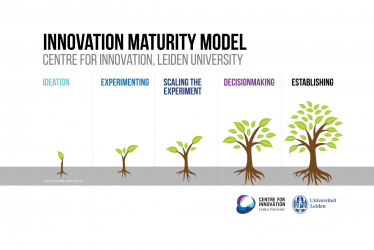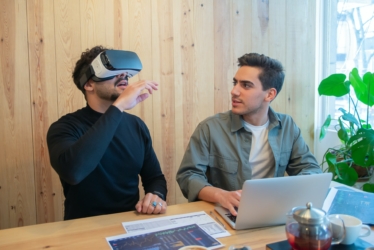Publications
A Survey of Refugee Connectivity
We present here a report from the International Data Responsibility Group labeled Refugee Connectivity: A Survey of Mobile Phones, Mental Health, and Privacy at a Syrian Refugee Camp in Greece.
The publication is the result of 2017 field research we did in collaboration with IDRG members Data & Society and Harvard Humanitarian Initiative’s (HHI) Signal Program on Human Security and Technology.
Lead authors of the report are Mark Latonero, Ph.D. of Data & Society, Danielle Poole of HHI/Signal and the Harvard School of Public Health, and Jos Berens, formerly of Leiden University.
The study’s initial findings were presented during the 2017 IDRG Conference, this report now expands on them. It is based on 135 surveys of adults conducted in 2017 during the IDRG Fellowship amongst the 750 residents at Ritsona Refugee Camp in Greece.
Key findings for this report
Women are less likely to own a mobile phone than men - 94% of men own a phone, compared to 67% of women. Mobile phone access is “important” to over 80% of refugees in this study.
Approximately 2 of every 5 refugees participating in this study may be classified as moderately to severely depressed according to the validated depression scale used in the survey. Each additional day an individual used a phone in the past week was associated with a reduction in their probability of being depressed.
94% use WhatsApp, 78% use Facebook, about 38% use Google Translate and Google Maps, and 9% use Skype.
Eighty-six percent (86%) said they would not be concerned about giving their personal information to a UN official. Yet for Facebook, 30% expressed concern about giving the social media site their personal information, 52% were unconcerned, and 15% were unsure.





